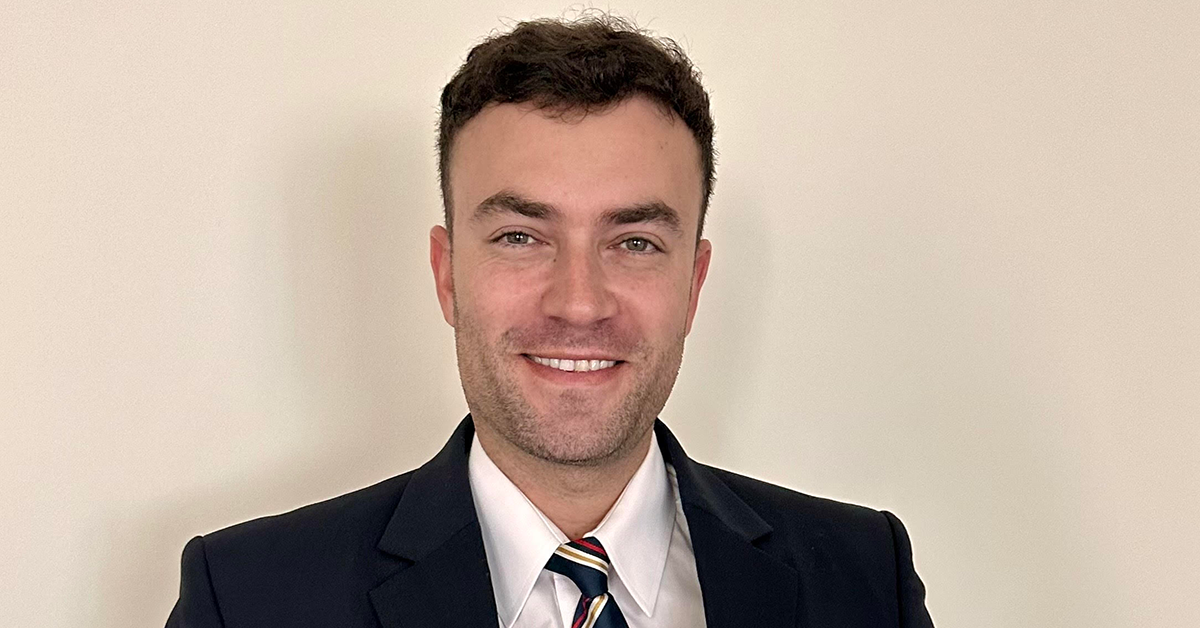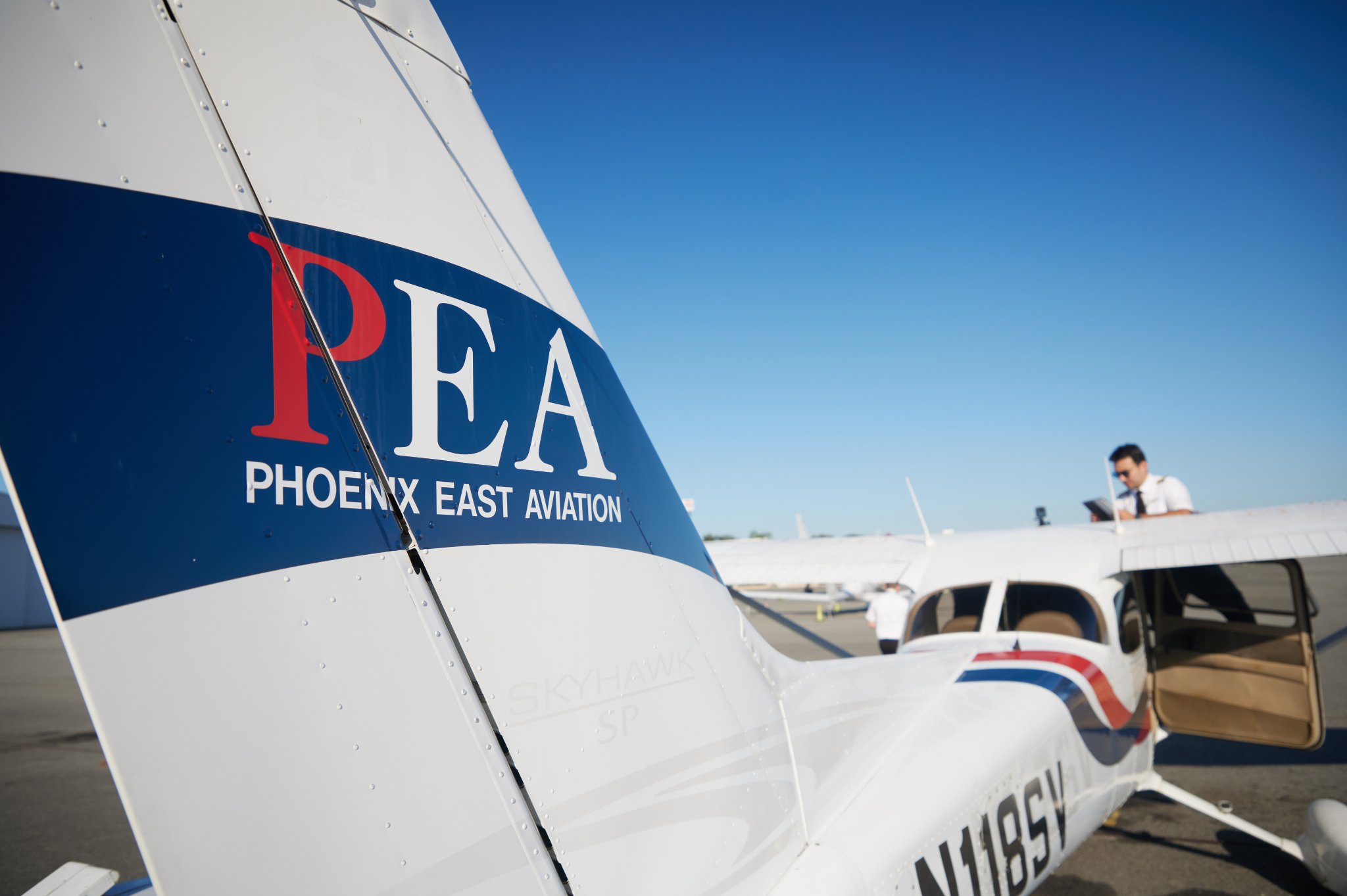How to Ace an Airline Interview
The thrill of soaring through the skies, the promise of new horizons, and the unmistakable allure of aviation careers; these are the dreams that often lead us to pursue opportunities in the airline industry. Whether you’re a seasoned pilot or fresh out of flight school, acing an airline interview is the crucial first step toward turning those dreams into a reality. So, fasten your seatbelts, because we’re about to take you on a journey of preparation and success.
What does the Airline Interview look like?
There are many steps to acing an airline interview, so what exactly does one entail? It begins with research that the interviewee will complete prior to solidifying an interview with their desired airline. It is important to do your research. Research the airline industry, the demands of it, and the airline you are looking to apply to. Before you even think about stepping into that interview room, immerse yourself in the world of the airline you’re interviewing with. Study their history, routes, fleet, and company culture. Knowing the airline inside out not only showcases your genuine interest but also helps you tailor your responses to align with their values.
You will be interviewed verbally, and then on technical proficiency, including simulator assessments. There is also a portion of the interview that focuses on the behavior of the interviewee, likely followed by a set of behavioral questions the interviewee must complete.
One of the best pieces of advice that PEA can provide is to keep a log throughout your pilot training and take notes on certain situations or scenarios that may have been experienced throughout training and how they were resolved. This will help you plan for the interview behavioral questions in the future.
How does one prepare for an airline interview?
Remember the quote “first impressions mean everything” and oftentimes, you do not get the opportunity to go back and change the impression you leave on somebody for the first time. It is best to come prepared and well knowledgeable. Prepare your questions ahead of time. An interview is a two-way street. Come prepared with thoughtful questions to ask the interviewers about the company, the role, and industry developments. This shows your proactive interest and engagement. Along with coming prepared with questions, it is important to master your body language; much like leaving a long lasting first impression, non-verbal cues can leave a lasting impression. Maintain strong eye contact, offer a firm handshake, and sit up straight to project confidence and professionalism. “Dress for the job you want” is always a good quote for people in choosing their interview outfit. However when it comes to a position that requires a uniform,such as a pilot, this does not correlate the same. “Dress to impress” might be a better choice of words, make sure you look professional, clean, and make sure you get some sleep so you look well rested.
Practice makes perfect! Utilize resources like airline interview question databases and mock interviews to refine your responses. Focus on aligning your answers with the airline’s values and emphasize your passion for the industry. By practicing, you’ll gain confidence in articulating your skills and experiences effectively. A good tip is to practice speaking out loud. You can study your materials and flight experience, but sometimes people forget to be able to say it aloud for others to hear. Additionally, it is important to have well organized and tabbed documents. While digital logbooks are prevalent, it is always a great idea to have a printout copy with tabs showing you where you meet the ATP requirements, totals of flight times, etc.
Stay informed about the latest aviation trends, safety measures, and technological advancements. Highlight your awareness of industry developments during the interview to demonstrate your dedication to staying current and contributing to the airline’s growth. Not only is it important to stay informed, but also to know the trajectory of your career and position you are applying for. Tell your interviewer about future goals you have set for yourself within your career in aviation. This not only exemplifies the drive you have, but the potential you have to move throughout their rankings within the airline.
Aside from this, keep in mind the importance of attending recruiting events and making connections with airline representatives. Fostering these relationships opens a line of communication for any questions you may have. Phoenix East Aviation hosts many airlines on campus where their students have the opportunity to network and learn more about airlines with pilot recruiters.
What does the interview consist of?
The verbal interview assesses your communication, problem-solving, and leadership abilities. Be prepared to discuss past experiences where you effectively collaborated with teams, resolved challenges, and exhibited quick thinking under pressure. Showcase your adaptability and customer service skills, essential qualities for a successful airline pilot. The airline industry operates around the clock, often requiring irregular schedules and potential relocation. Emphasize your flexibility and willingness to work in a dynamic environment.
As a flight school, having partnerships with airlines is important because it offers our students the opportunity to network with potential employers and get their questions answered directly from a recruiter. It is our responsibility as the professional pilot training school, to not only train our students to become successful pilots, but also set them up for success by helping them connect and create relations with airlines they could potentially have a career with after their training is complete.
PEA is partnered with United Aviate, which allows pilots who are accepted into the program, a direct pathway to United’s flight deck. The application is available for any student pilot who has obtained their Private Pilot License; securing an interview with United Aviate means it is the student pilot’s one and only interview with United Airlines. One of the most important things to remind yourself about this, is remembering that the interview starts when you get to the airport and are flying out to Denver for the interview. The hotel staff at check in, the shuttle ride and all your interactions, etc. Many training captains and recruiters stay at the same hotels and use the same shuttles. Don’t be surprised if someone who was sitting next to you on your flight to the interview, is sitting across from you during the interview.
PEA is committed to the growth of their flight training internally, as well as their business relationships, externally to make sure that both students and instructors have the highest quality of training and experience for their future careers in aviation.
In the technical interview, airlines evaluate your proficiency in handling complex flight scenarios, aviation regulations, and aircraft systems. Expect questions on aerodynamics, emergency procedures, and navigation. Demonstrating a comprehensive understanding of aviation principles is vital to succeed in this segment. For pilot candidates, technical knowledge is paramount. Brush up on aircraft systems, regulations, and industry trends. Airlines want to see that you’re not just a skilled pilot but also well-versed in the aircraft you’ll be operating. Be prepared to demonstrate your expertise during technical assessments or discussions. Not only is it imperative to fully understand the technical aspect, but simulator assessments are a standard part of the interview process. Be ready to demonstrate your flying skills, decision-making abilities, and adaptability in various scenarios. Practice on the specific aircraft you’ll be tested on to build confidence.
Takeaways and plan for your career!
Once the interview is complete, send a thank-you email expressing your appreciation for the opportunity and reaffirming your interest in the position. It’s a courteous gesture that reinforces your commitment. Maintain a positive attitude throughout the process. Exude enthusiasm and genuine passion for aviation; it can set you apart from other candidates.
PEA provides professional training and creates many opportunities for its students and instructors to set themselves up for a successful career through their mentorship and tutoring program, pipeline programs that they have with airlines such as United Aviate as mentioned above, and monthly airline on-campus visits.
Preparing for airline interviews is a journey that requires dedication, preparation, and a passion for aviation. Familiarize yourself with the technical and verbal aspects of the interview, practice your responses, and showcase your alignment with the airline’s vision. With these valuable insights and a commitment to excellence, you’ll be well on your way to soaring through airline interviews and achieving your dreams as a successful airline pilot.



